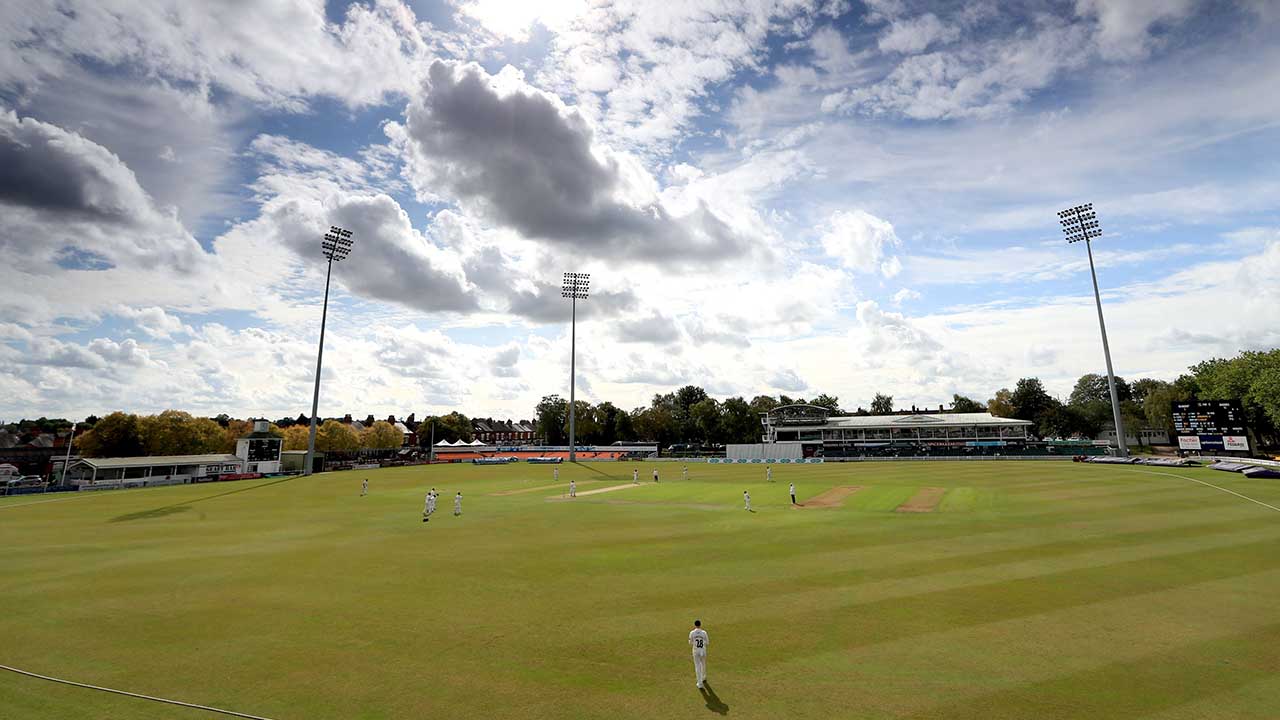The impact of COVID-19 pandemic has not only led to the postponement of most, if not all, sporting events but also led to the opening up of new dimensions. As far as Cricket is concerned, it’s now been over two months since the game came to an abrupt halt all around the globe. Although, we are already beginning to see early signs of resumption, Cricket faces an immense challenge to resurrect itself. In this piece, we try to sum up how the game’s return to the global stage could pan out and what potential changes it would need to adopt in a coronavirus-struck world.
As soon as the boards and the ICC began pondering over the possible resumption of Cricket, innuendos began pouring in regarding banning the application of sweat and saliva on Cricket balls as a health precautionary measure. The usage of an artificial substance to shine the ball, instead, was proposed and became the talk of the town immediately.
The ICC Cricket Committee, headed by Anil Kumble, met recently to devise a list of recommendations that could ensure a safe resumption of play. The committee unanimously agreed to recommend that the use of saliva to polish the ball be prohibited since COVID-19 can easily be transmitted via saliva. However, sweat is declared safe to be applied on a Cricket ball as the committee members cited medical reports.
The consideration regarding the employment of an artificial substance were refused since there were too many variables involved in that discussion and it technically fell under the laws of ball-tampering and the committee members felt that there could be too many complications involved in that.
The meeting, which was also held in a virtual setting, was attended by several other prominent members of the committee including Mahela Jayawardene, Rahul Dravid, Andrew Strauss, Belinda Clarke, and Mickey Arthur amongst others.
As the maintenance of the Cricket ball has become a hot topic amongst players and organizers alike, Cricket Australia is considering disinfecting the ball during matches to cater to COVID-19 risks. Sources have confirmed that applying a disinfectant on the ball midway through a match could be experimented in domestic games that may take place in Australia later this year. Australian players returning to practice with their state teams have been told not to share their equipment as much as possible as a precautionary measure.
Cricket could also see a forced absence of neutral umpires in Test matches as international travel bans and restrictions made the committee ponder over suggesting this interim measure to the ICC board. ODIs and T20Is are already allowed to have host nation umpires. To go with this, the committee recommended increasing the team reviews by one in all formats in order to prevent any sort of bias that may result from the earlier decision.
The financial impact of COVID-19 on the game is, however, the most prevalent and it’s widely feared and predicted that Cricket, as a whole, will face tremendous financial losses. Everyone who is associated with Cricket in whatsoever way seems to be in the firing line as the game tries to come in terms with the implications of this worldwide pandemic.
Smaller cricketing nations have already begun to feel the financial agony of the coronavirus crisis and even the richer Cricket boards are bracing for unthinkable crunches in their finances. Cricket Australia have estimated a $174 million loss if their home Test series against India later this year is postponed. The globally famed Indian Premier League was set to commence in April but its cancellation is said to cost Rs 3,000 crore to the BCCI. English Cricket Board had fingers crossed for a long summer’s Cricket combined with the maiden edition of their landmark tournament The Hundred which has now already been shifted to the next year. ECB has approximated staggering losses of
£380 million should the whole season is wiped out of sight.
"And with every passing week, and every pound that's being lost from the game because of no cricket [being played], everybody knows more clearly that there are going to be some tough decisions to make. There's a lot of us within the game that earn our living and pay our bills from cricket, and there could be a lot of changes going forward.” Former England Assistant Coach, Paul Farbrace, said in an interview a while ago. “... The ECB doesn't have endless pots of money, and we all know that the game is taking a massive hit.”
The grim finances of the associates and the not-so-rich cricketing boards have also been exposed and face a major hit. Their upcoming home summer was highlighted by a lucrative three-match ODI series against Pakistan in August and New Zealand were also meant to tour. Both tours have now, sadly, been postponed and the Dutch board fear a major financial hit. Ireland, too, have faced a massive blow with the whole of their home summer being scrapped that had three Full Members visiting the Irish shores – Bangladesh, New Zealand, and Pakistan. With the board in a precarious situation as of now, Ireland heavily rely on the T20 World Cup happening later this year and if the mega-event is postponed and the ICC distributions aren’t received, Ireland Cricket could find itself in an unwanted abyss.
Cricket, sure, finds itself in an unprecedented crisis that does not look to die away pretty briskly. However, there’s light after all at the end of the tunnel with talks being held regarding the resumption of the game in bio-secure environments. ECB has already held successful discussions with its the Caribbean and Pakistani counterparts and the Calypso Kings and the Greenshirts are likely to tour the UK later this summer for their originally scheduled tours. We may not see crowds for a larger part of the summer and possibly till the very end of the year but just the idea of the sport resuming could lift spirits up in these times of despair.
